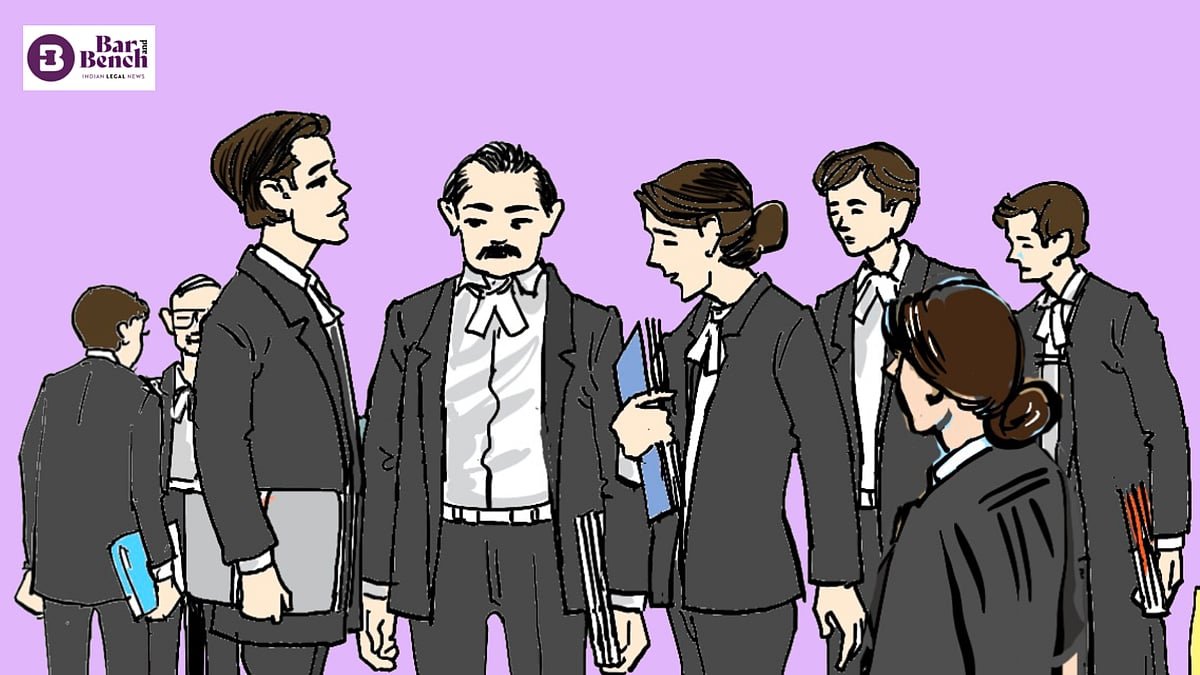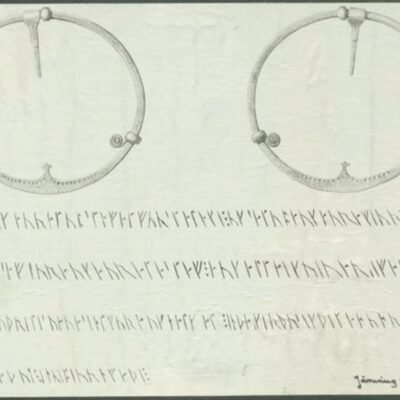While the BSA aims to safeguard confidential communication between a legal professional and their client, there are specific exceptions where this privilege does not apply. These exceptions are crucial for preventing the abuse of the privilege and ensuring justice so that the privileges are not used as a shield to protect crimes and fraudulent activities. They are as follows:
1. Communications in furtherance of an illegal purpose [Section 132(1)]: If any communication is made to the legal professional in furtherance of any illegal purpose, the privilege does not apply. This means that if a client seeks advice for committing a crime or fraud, that communication is not protected.
2. Facts observed in connection with a crime or fraud [Section 132(2)]: If the legal professional, in the course of their employment, observes any fact that indicates a crime or fraud has been committed since the commencement of their employment, this information is not privileged. It doesn’t matter whether the client specifically directed the lawyer’s attention to that fact. This exception aims to prevent lawyers from being unwilling accomplices to ongoing or future illegal activities.
3. Client’s express consent (Section 132 proviso): The privilege can be waived by the client’s express consent. If the client voluntarily agrees to disclose the communication, the legal professional is no longer bound by the privilege.
4. Client offering himself as a witness (Section 134 proviso): If a client offers himself as a witness in a proceeding, he may be compelled to disclose any confidential communication that has passed between him and his legal adviser. However, merely calling the legal adviser as a witness does not waive the privilege unless the client questions the adviser on confidential matters.





